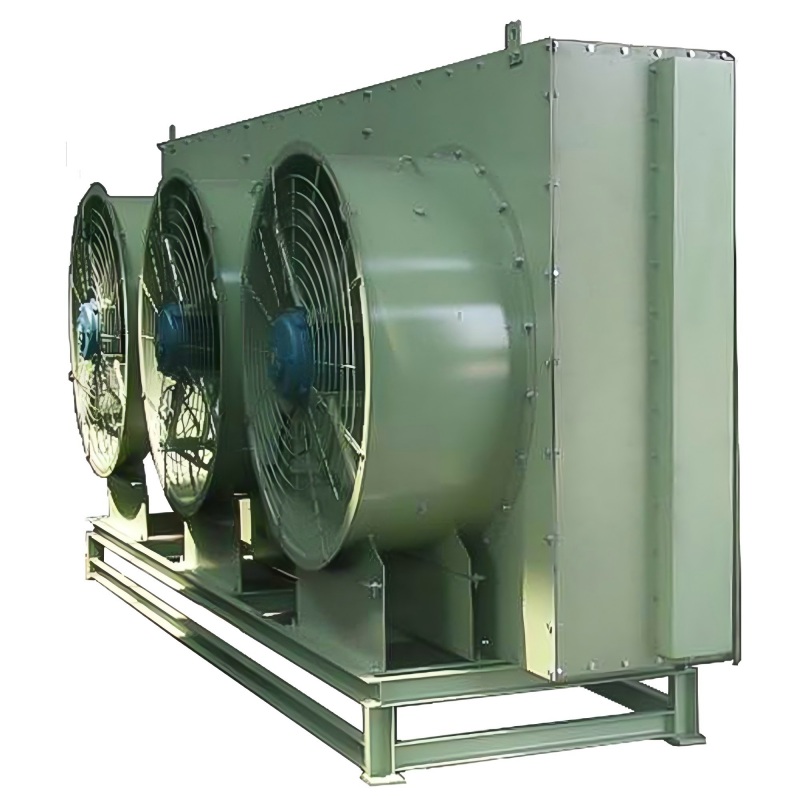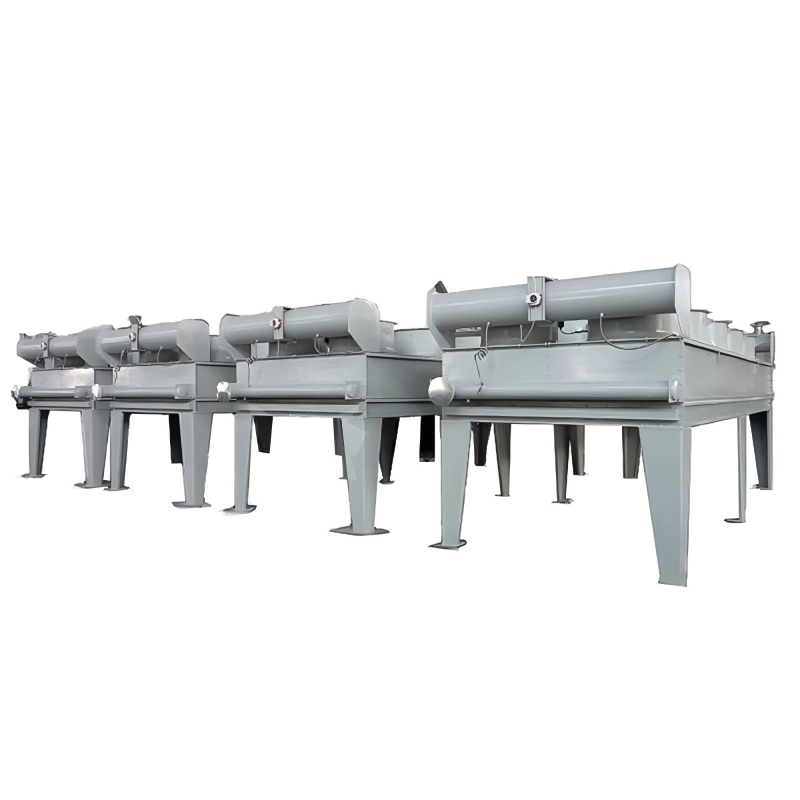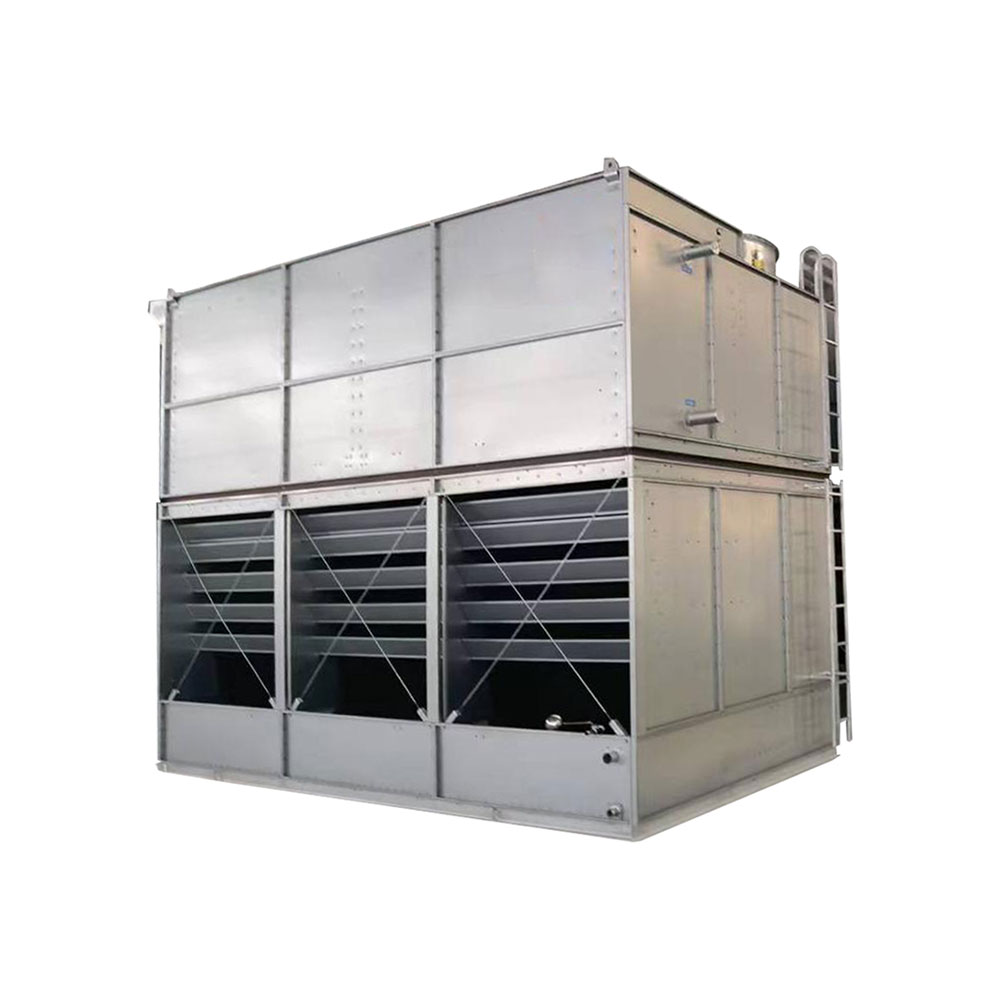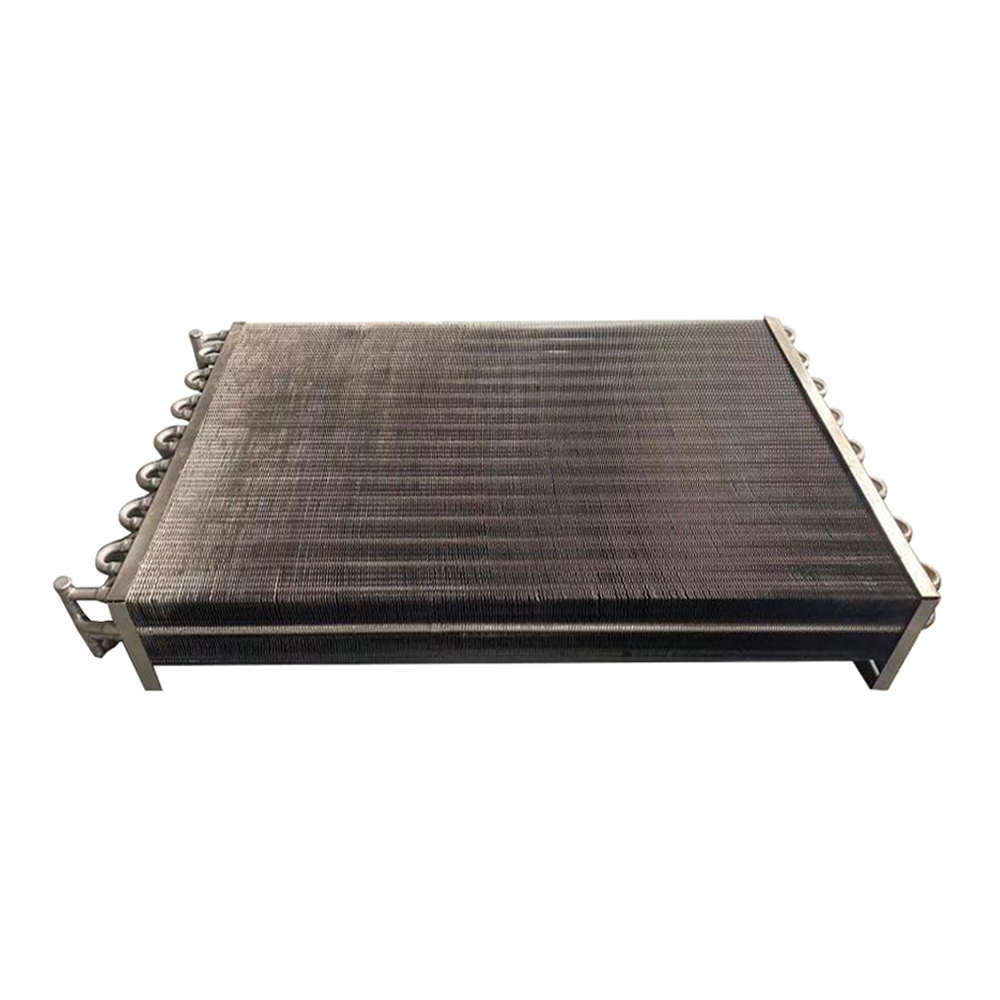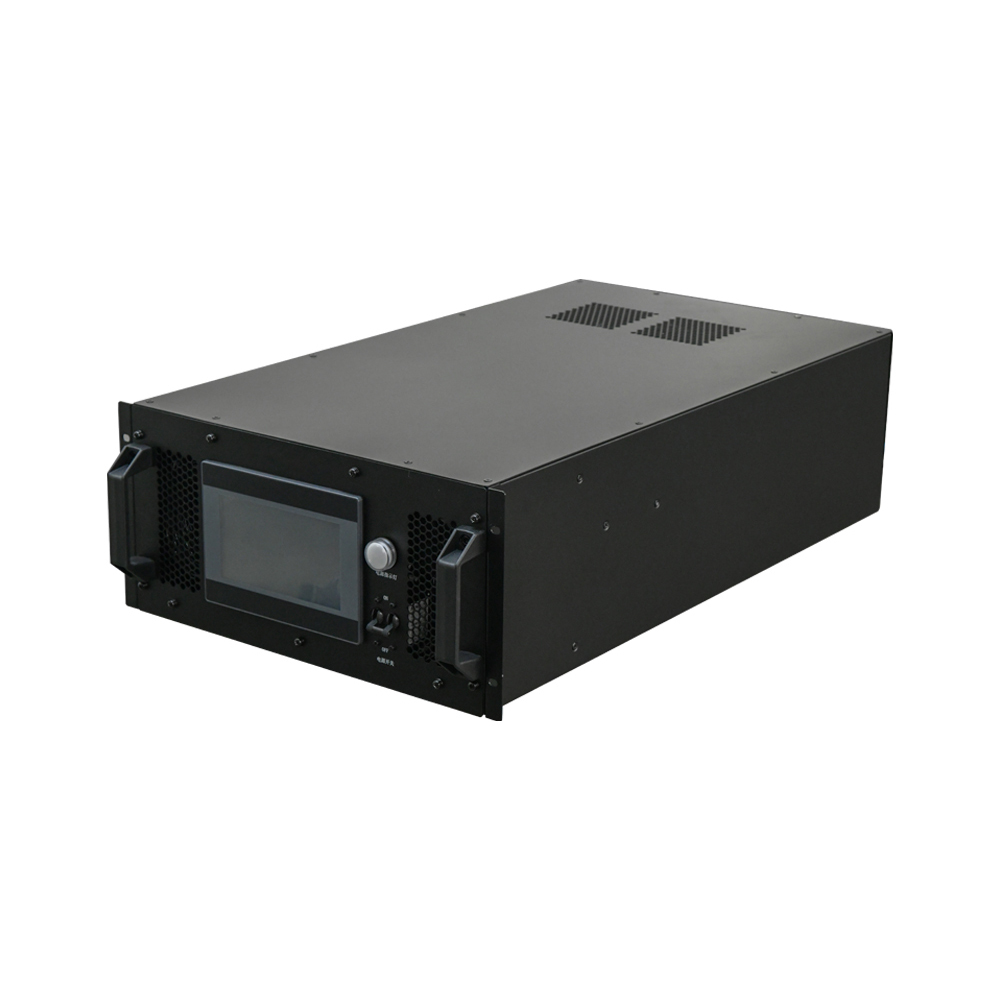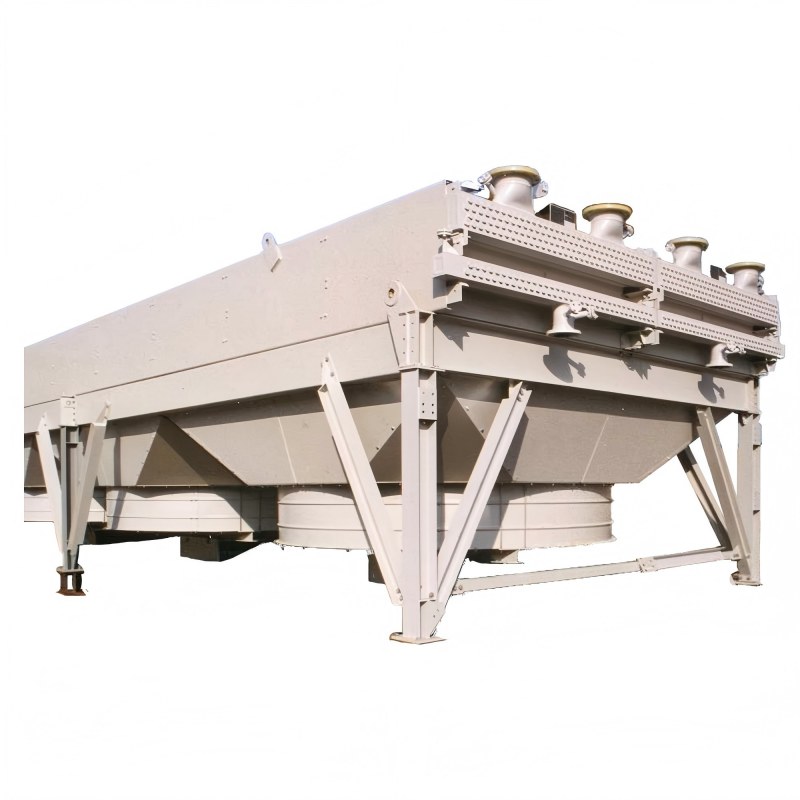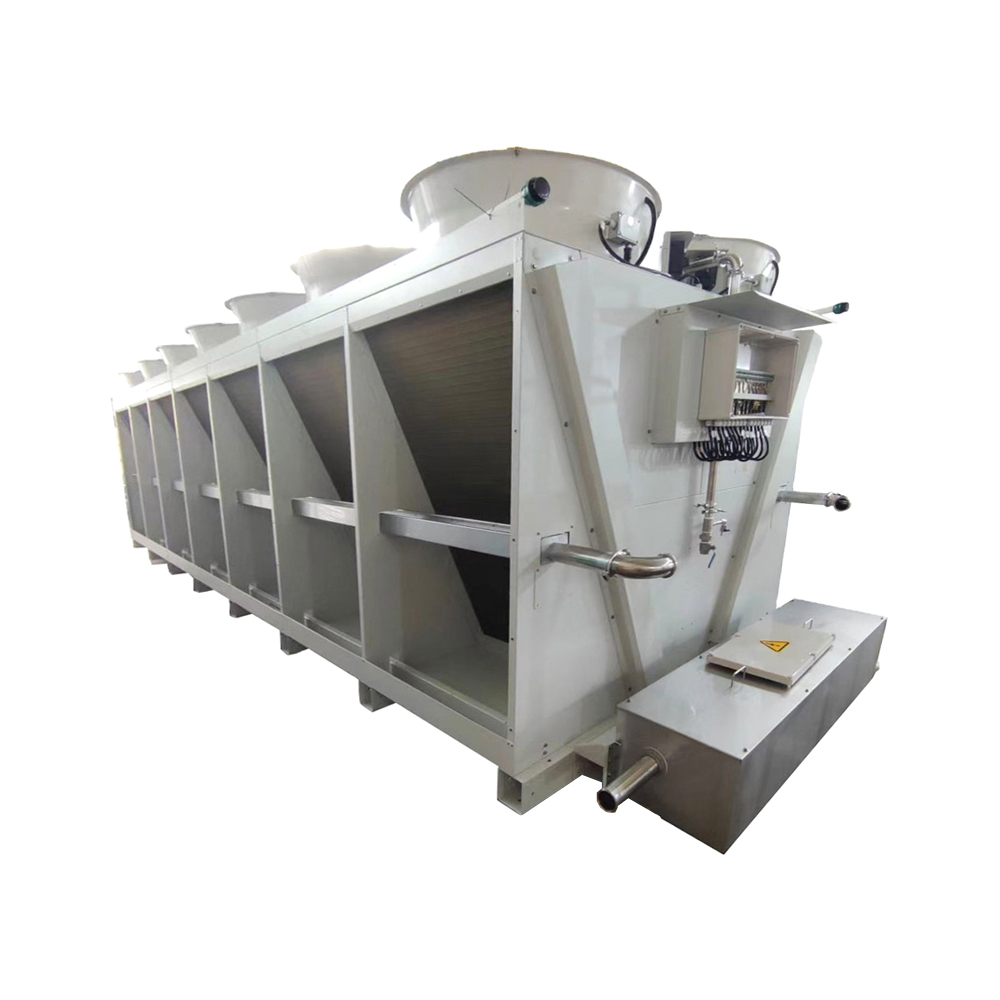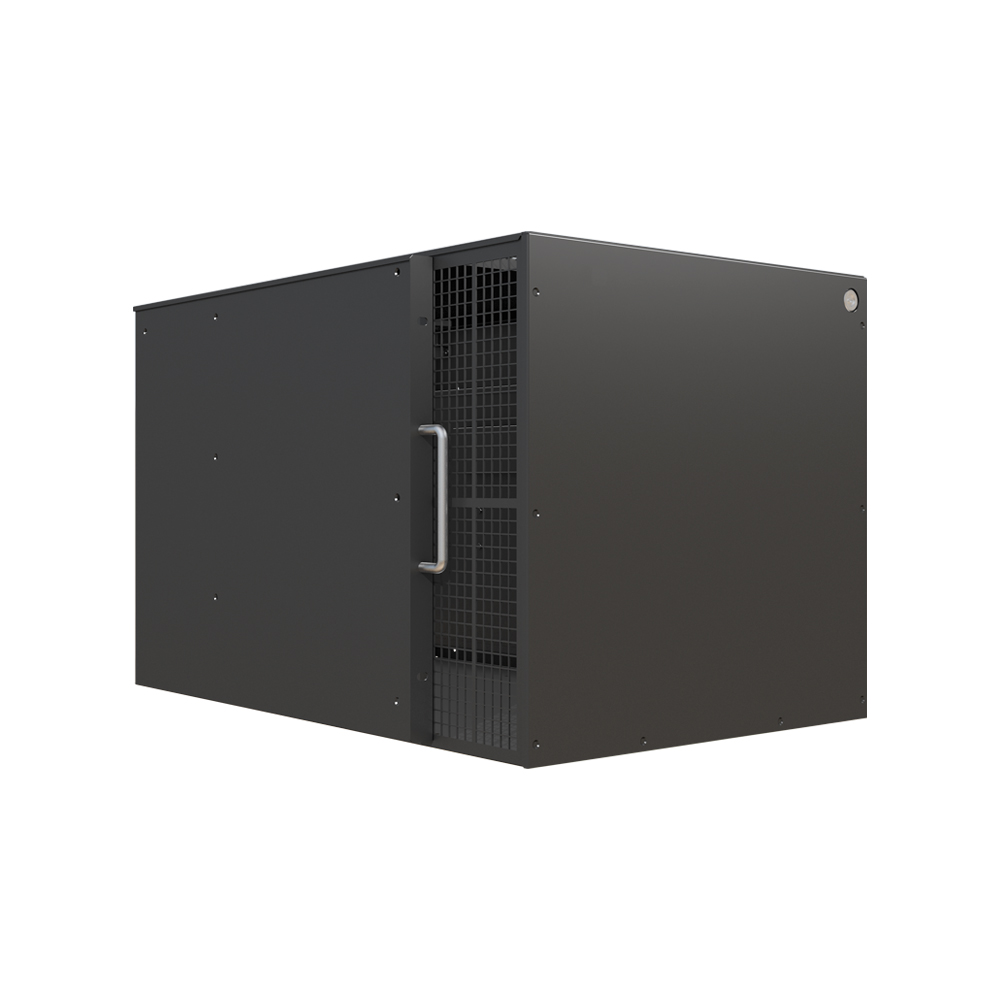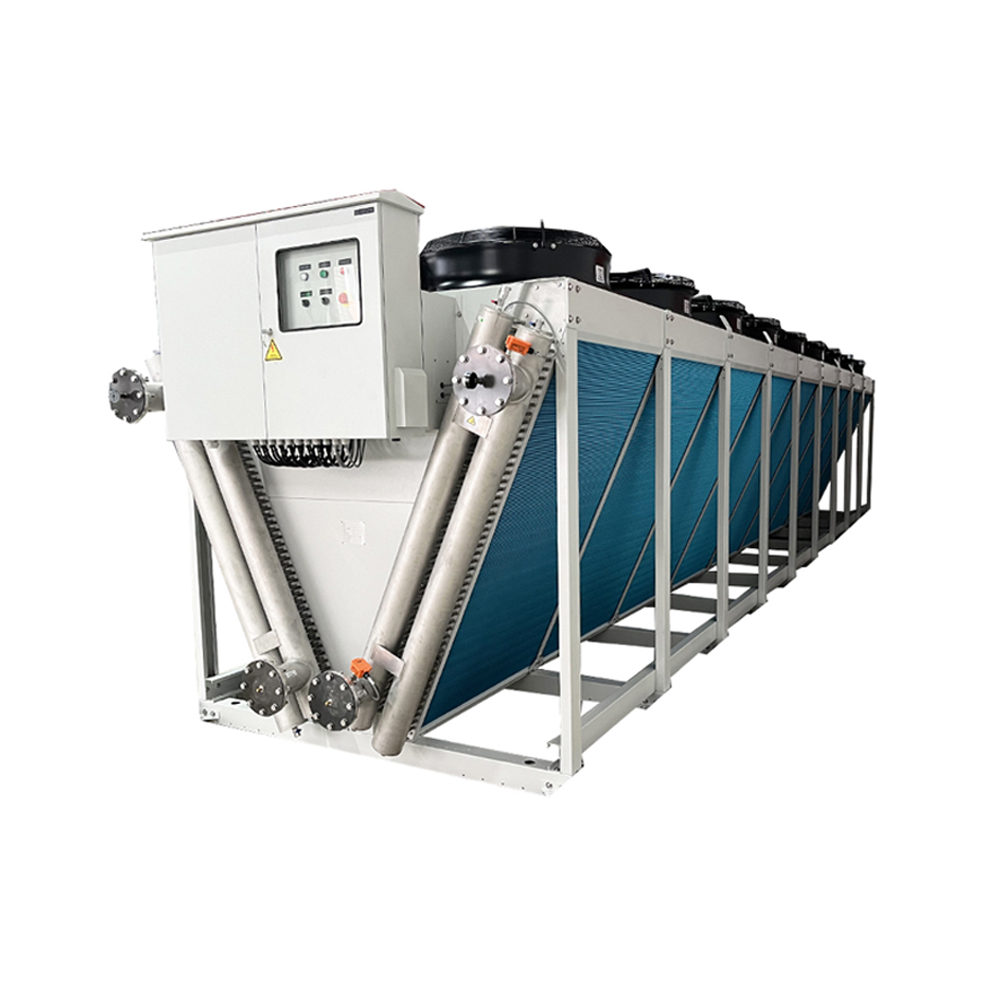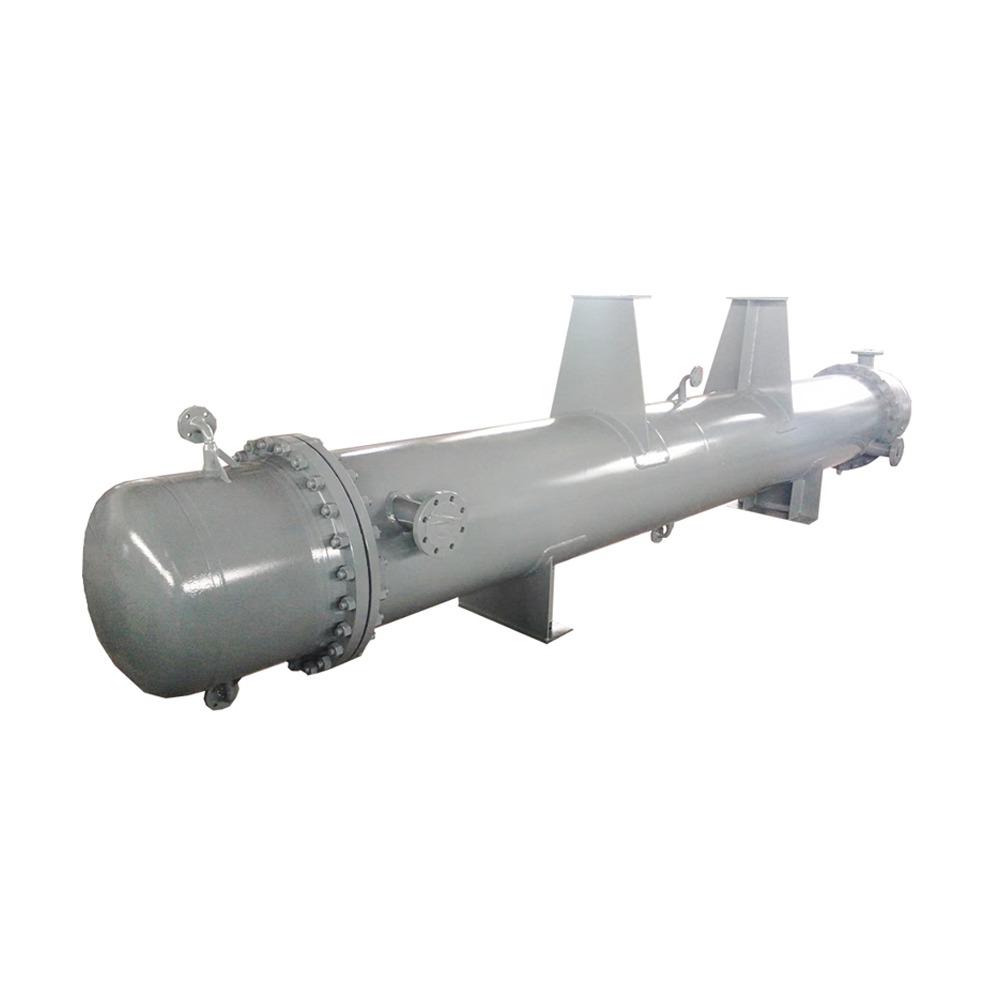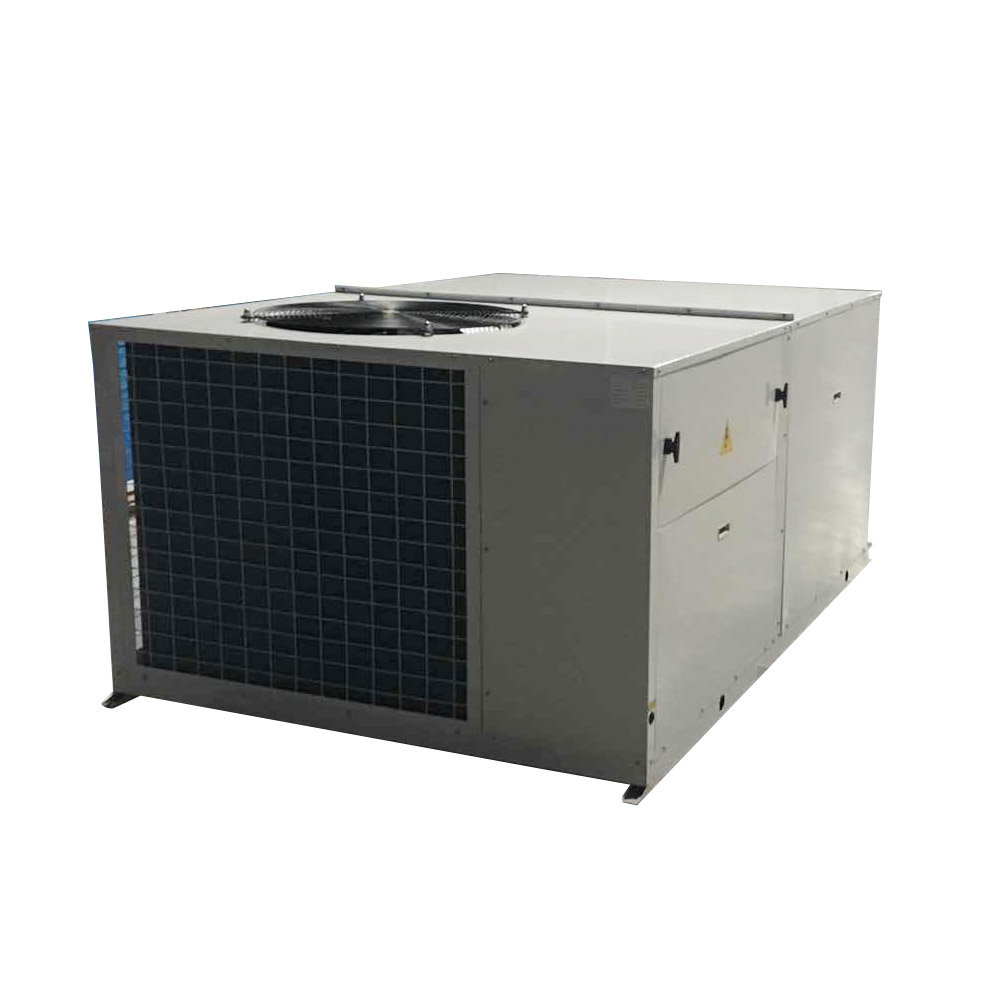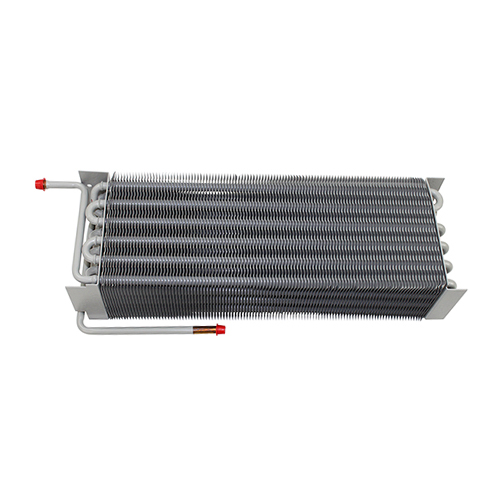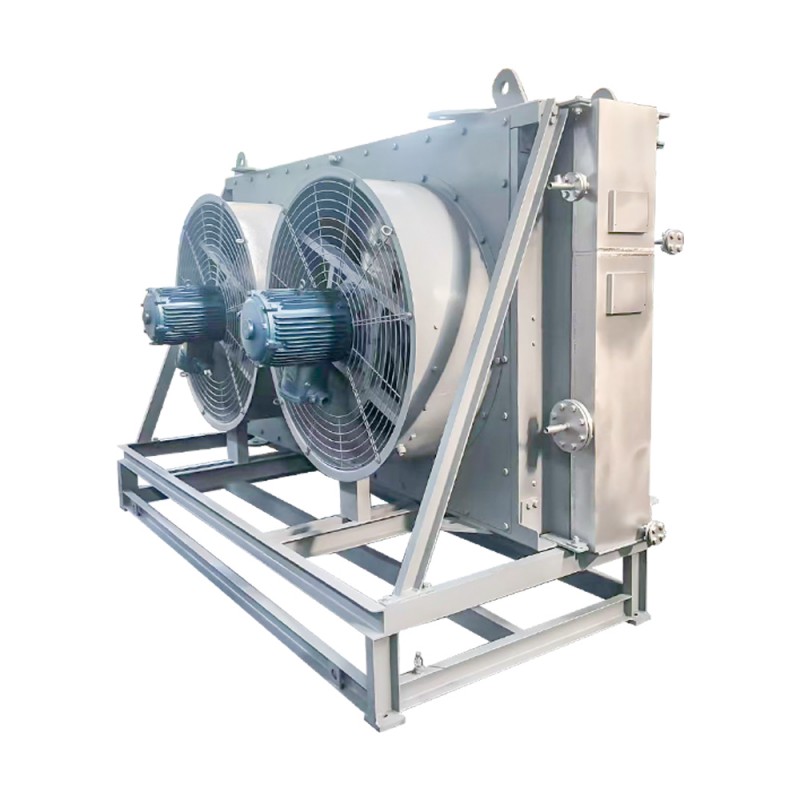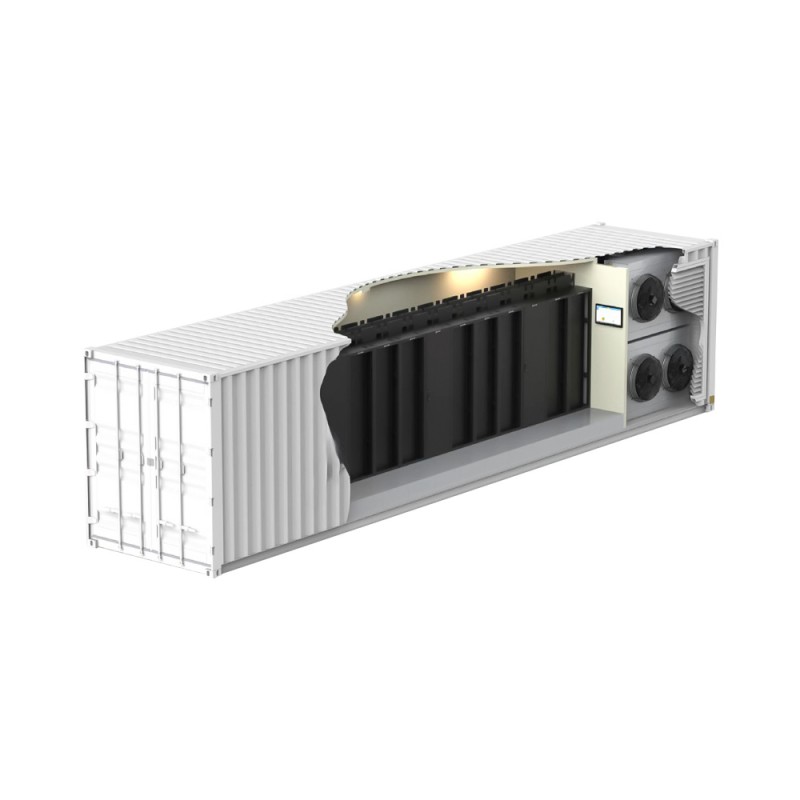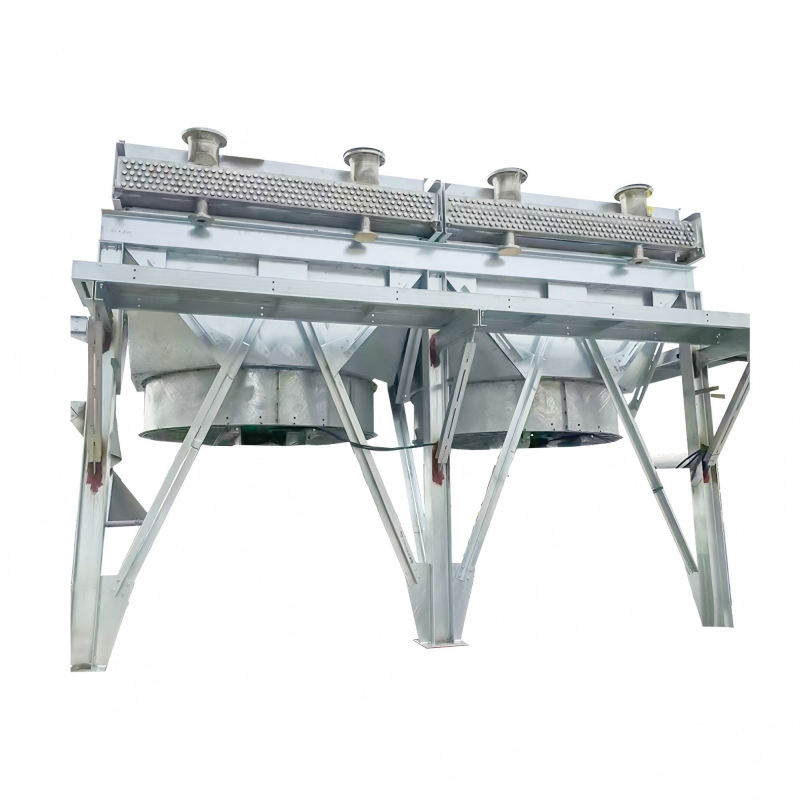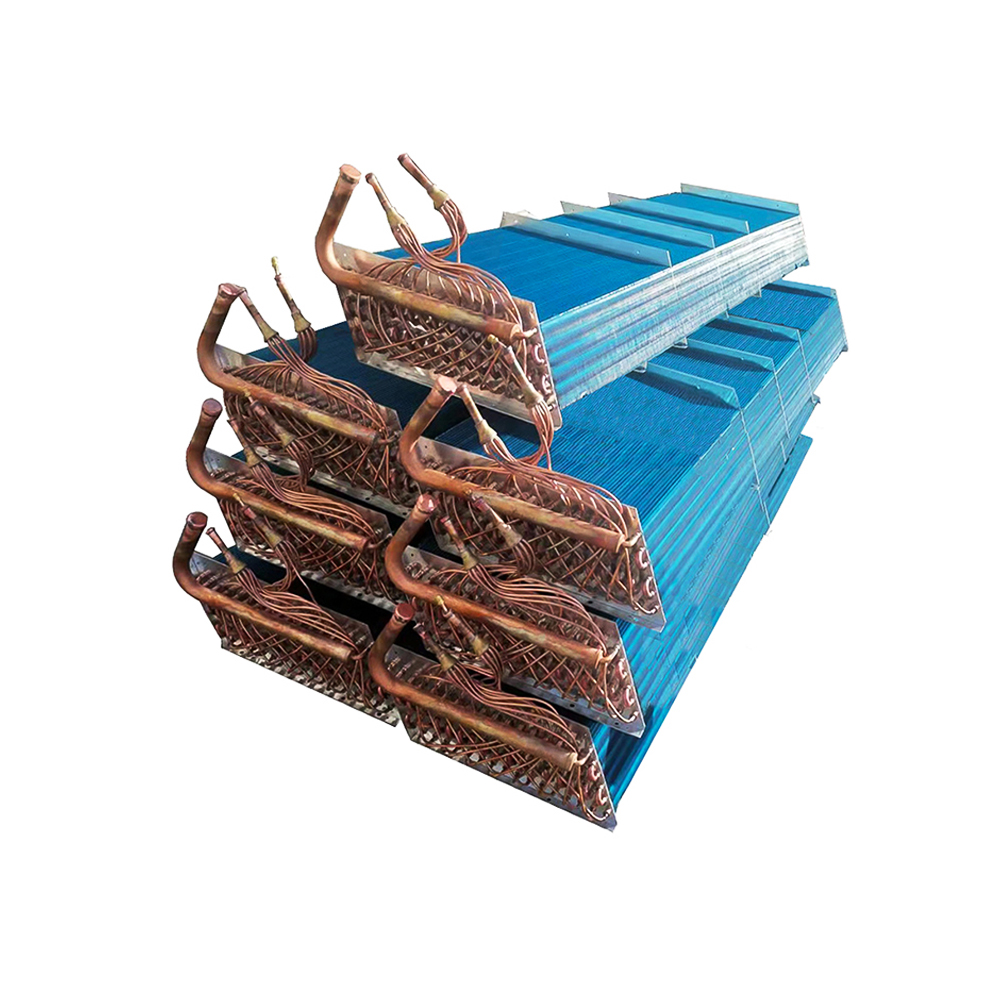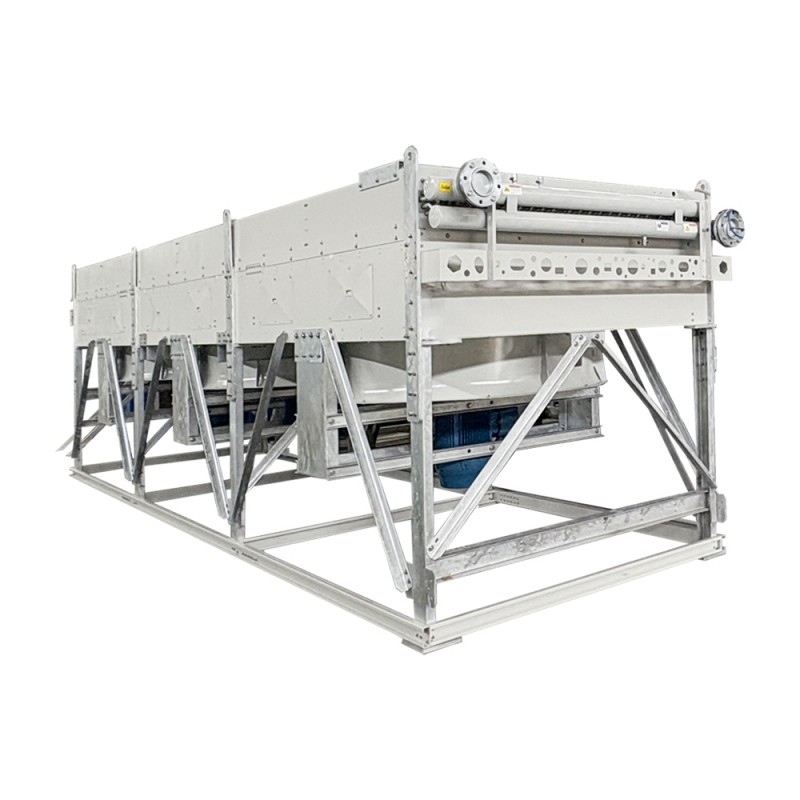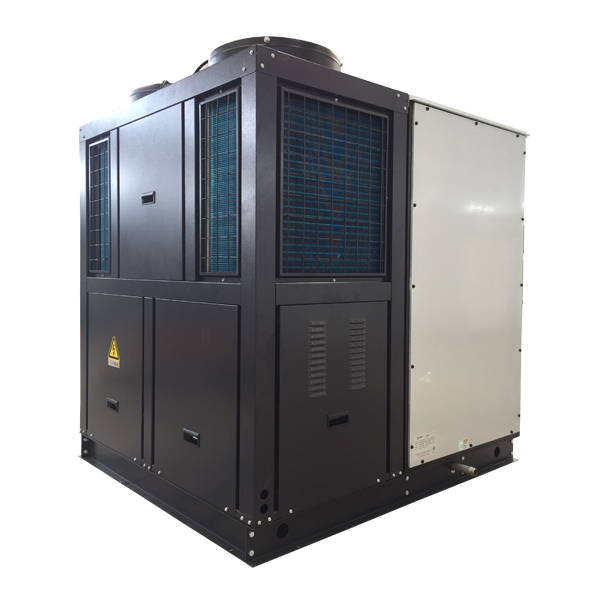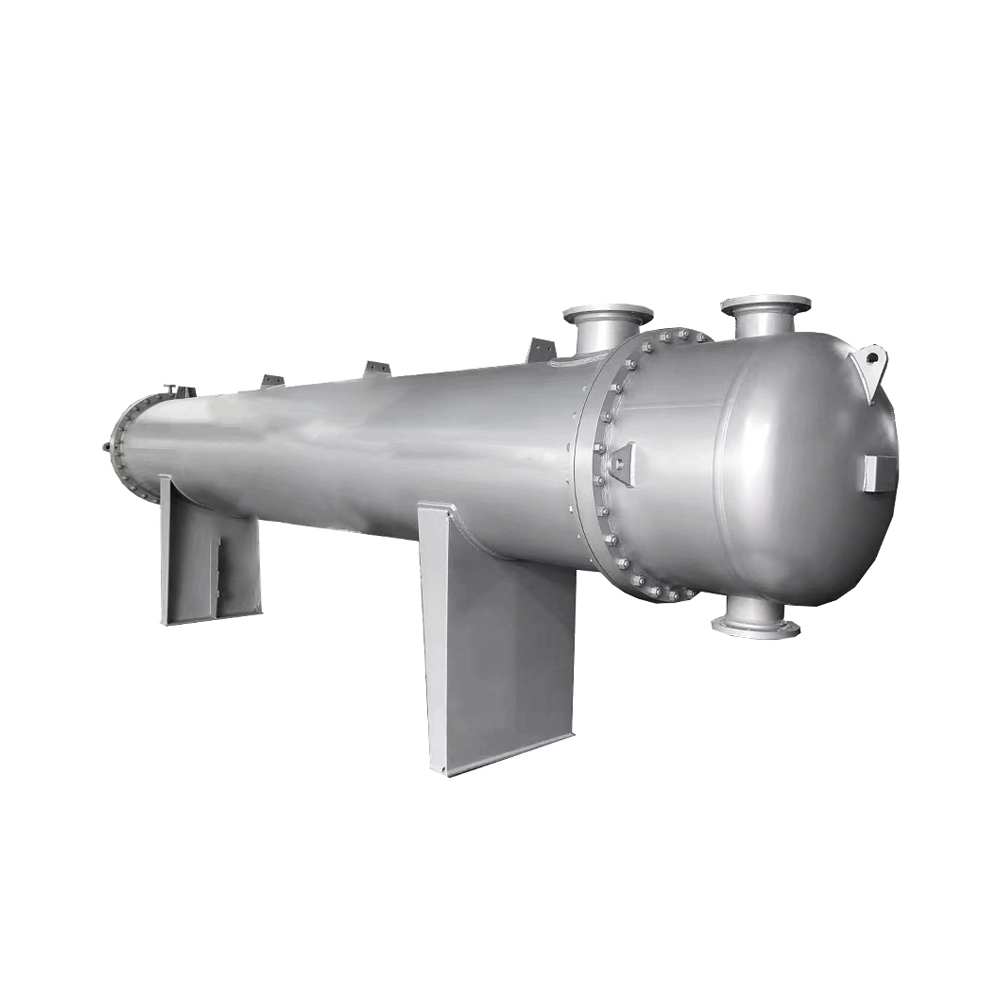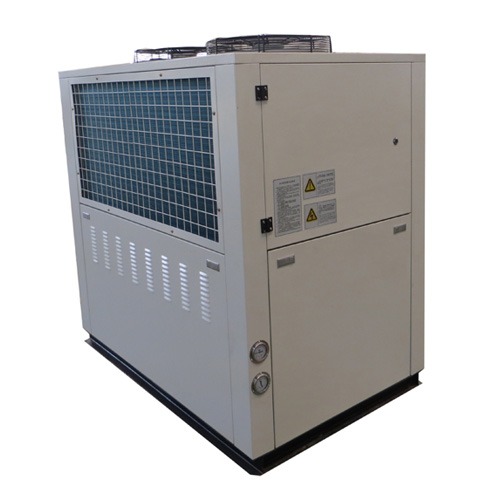Data Center Cooling System Manufacturers: A Comprehensive GuideData center cooling is critical for optimal server performance and preventing costly downtime. Choosing the right Data Center Cooling System Manufacturer is crucial for ensuring your facility's efficiency and longevity. This guide will walk you through the key considerations when selecting a manufacturer, highlighting different system types and technologies.
Understanding Data Center Cooling Needs
Before selecting a
Data Center Cooling System Manufacturer, you need to thoroughly understand your specific cooling requirements. This involves assessing factors such as:
1. IT Equipment Heat Load
The amount of heat generated by your servers, network equipment, and other IT infrastructure directly impacts the cooling capacity required. Accurate heat load calculations are essential for selecting appropriately sized cooling systems. Using sophisticated modeling tools can help predict future needs as your data center expands.
2. Data Center Layout and Design
The physical layout of your data center significantly influences cooling system design. Factors to consider include server density, rack layout, airflow management, and the presence of hot and cold aisles. Effective airflow management is crucial for optimal cooling efficiency and minimizing energy consumption.
3. Environmental Factors
External environmental conditions, such as ambient temperature and humidity, also play a role. Manufacturers of
Data Center Cooling Systems need to account for these factors to ensure your system performs reliably in different climates. Understanding your local climate helps determine the necessary cooling capacity and system redundancy.
Types of Data Center Cooling Systems
Several types of
Data Center Cooling Systems are available, each with its own strengths and weaknesses.
1. Computer Room Air Conditioners (CRACs) and Computer Room Air Handlers (CRAHs)
These are the most common types of cooling systems, providing chilled air to the data center. CRACs and CRAHs differ primarily in their air handling capabilities. CRAHs offer greater flexibility in controlling humidity and airflow patterns. Many leading
Data Center Cooling System Manufacturers offer various CRAC and CRAH models to cater to diverse needs.
2. In-Row Cooling
In-row cooling systems, such as those employing cold aisle containment, offer improved efficiency by directly cooling server racks. This approach minimizes the mixing of hot and cold air, reducing energy consumption and improving cooling performance.
3. Liquid Cooling
Liquid cooling is becoming increasingly popular for high-density data centers. This technology uses liquid coolants, such as water or specialized fluids, to directly cool server components or rack-level systems. While more complex, liquid cooling offers significantly greater cooling capacity and efficiency than traditional air-cooling methods.
4. Free Air Cooling
In locations with suitable climates, free air cooling can provide an economical and environmentally friendly alternative. Free air cooling relies on outside air to cool the data center, often in conjunction with other cooling technologies. The suitability of free air cooling depends heavily on external temperature and humidity levels.
Choosing the Right Data Center Cooling System Manufacturer
Selecting a reputable
Data Center Cooling System Manufacturer is critical. Key factors to consider include:
1. Experience and Expertise
Choose a manufacturer with a proven track record in designing and implementing reliable data center cooling solutions. Their experience will help address potential challenges and ensure long-term performance.
2. System Reliability and Redundancy
Redundancy is vital in data centers. Ensure the manufacturer provides systems with built-in redundancy to prevent single points of failure and maximize uptime.
3. Energy Efficiency
Energy efficiency is a paramount concern. Look for manufacturers offering high-efficiency cooling systems that minimize energy consumption and reduce operating costs. Consider systems with features like variable-speed fans and smart controls.
4. Service and Support
Reliable after-sales service and support are crucial. Check the manufacturer's service capabilities, including response times, maintenance contracts, and spare parts availability.
Shanghai SHENGLIN M&E Technology Co., Ltd: A Leading Data Center Cooling System Manufacturer
For high-quality, reliable, and energy-efficient data center cooling solutions, consider
Shanghai SHENGLIN M&E Technology Co., Ltd. Their expertise in designing and manufacturing advanced cooling systems ensures optimal performance and minimizes downtime. They offer a range of solutions, from CRAC units to more advanced liquid cooling technologies, catering to a variety of data center needs.
Conclusion
Selecting the appropriate
Data Center Cooling System Manufacturer is a critical decision for any data center operator. By carefully considering the factors outlined in this guide and partnering with a reputable manufacturer like SHENGLIN, you can ensure the long-term reliability, efficiency, and cost-effectiveness of your cooling infrastructure. Remember to carefully evaluate your specific needs and choose a system that meets your current and future requirements.









